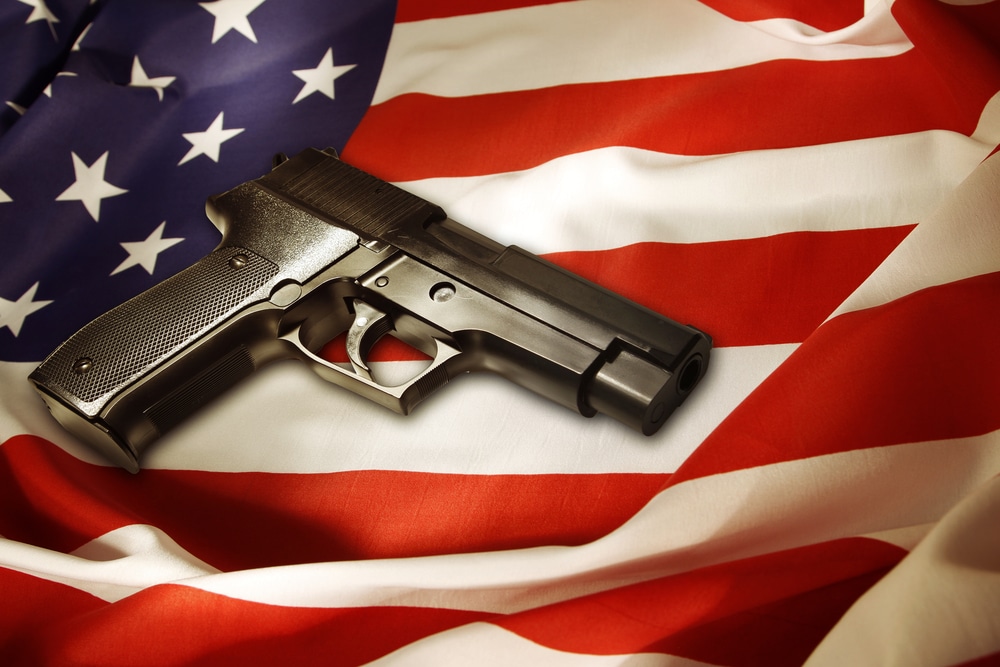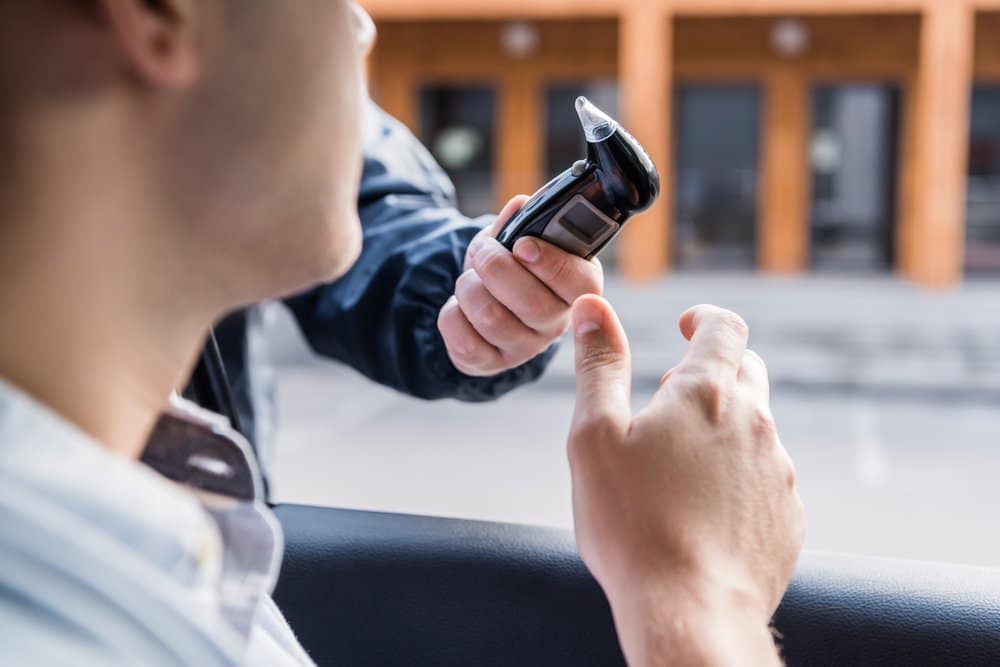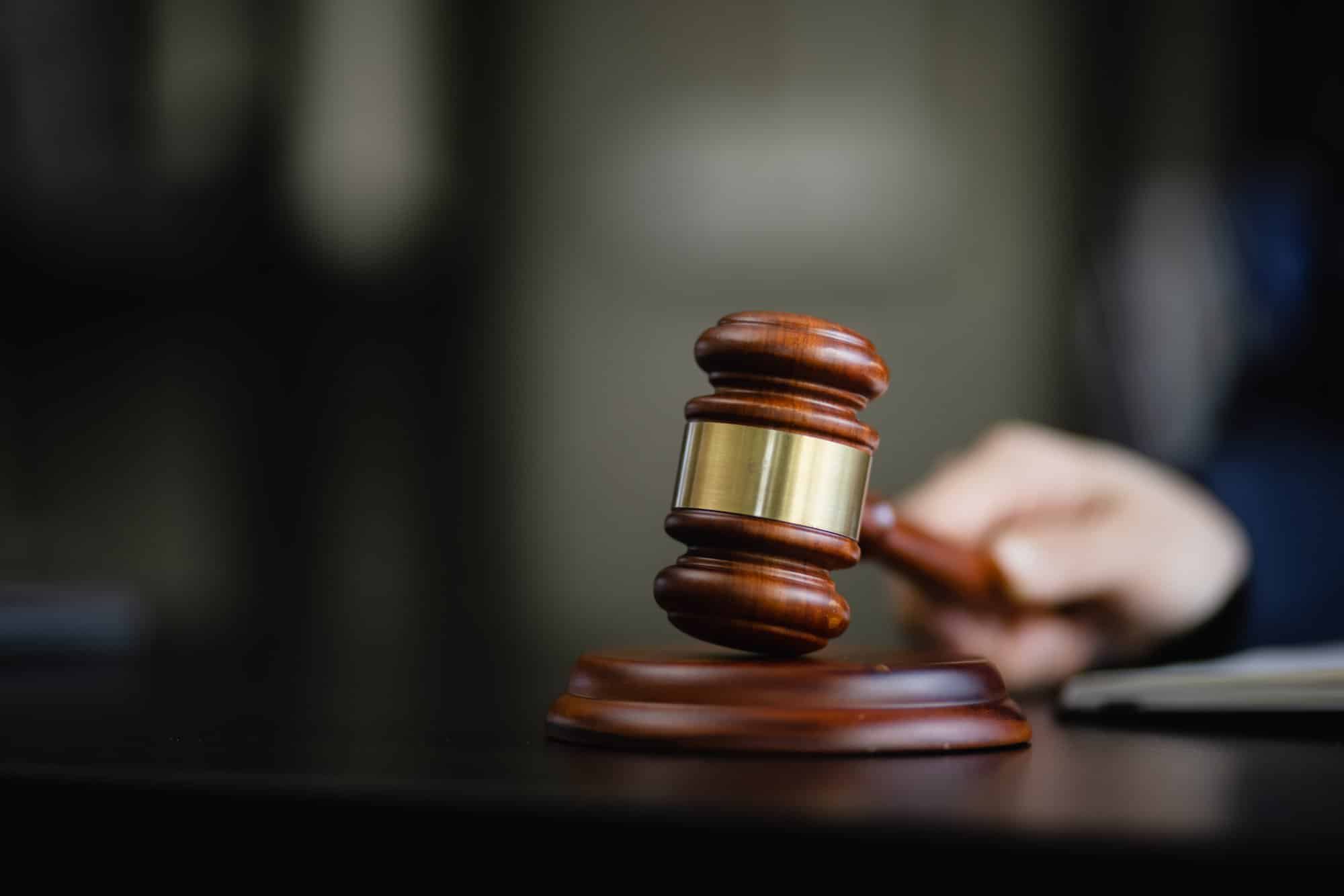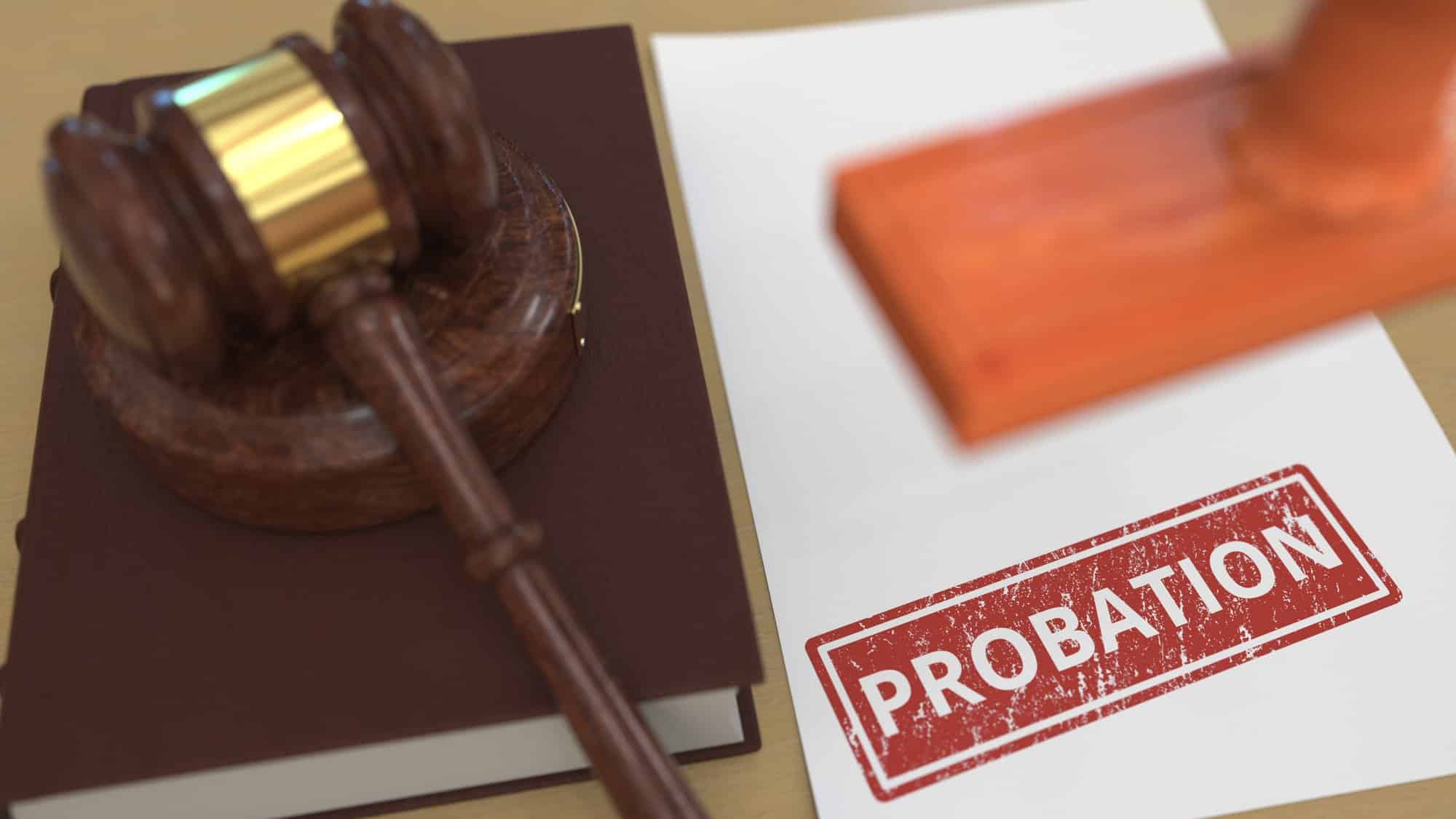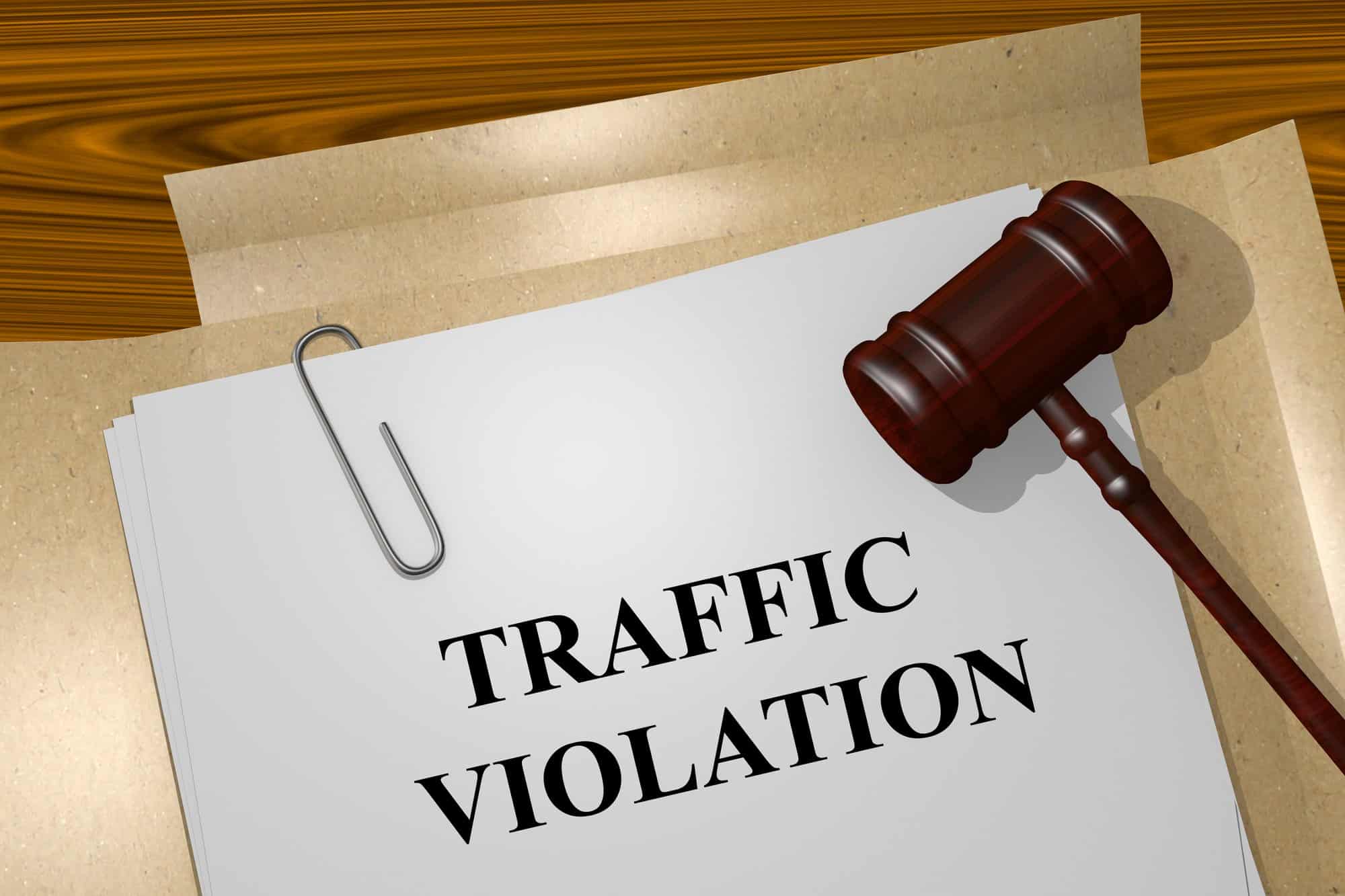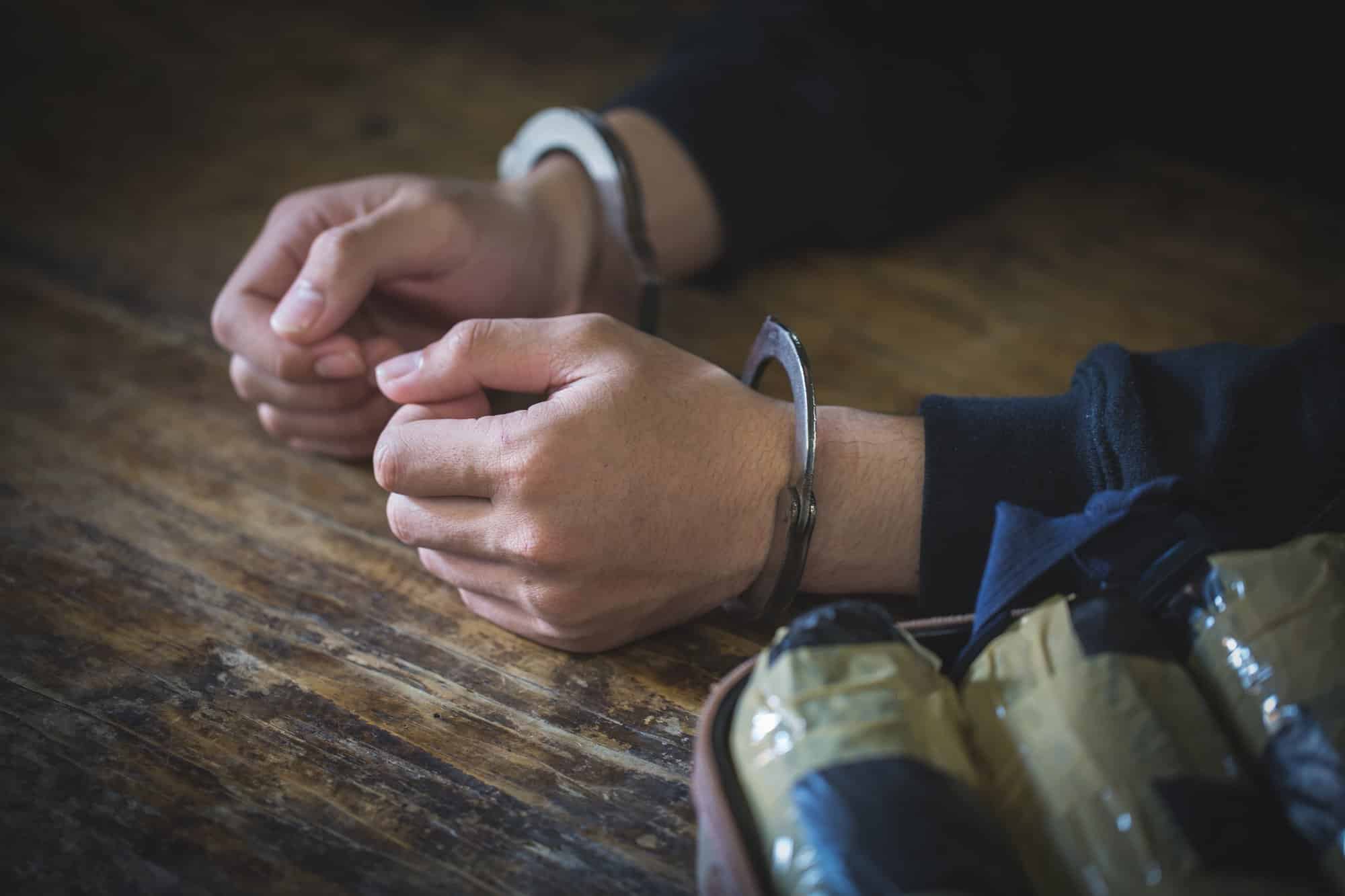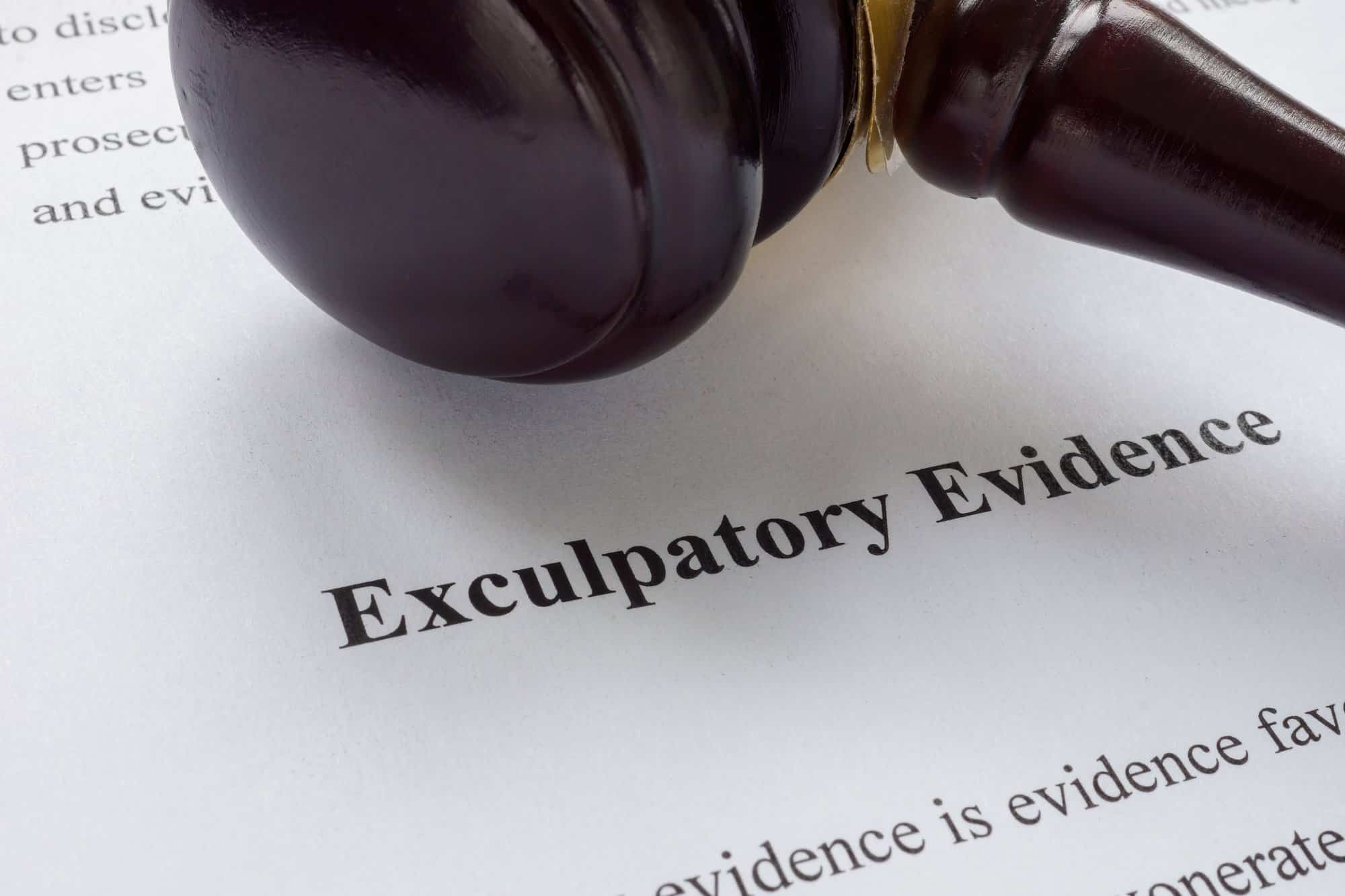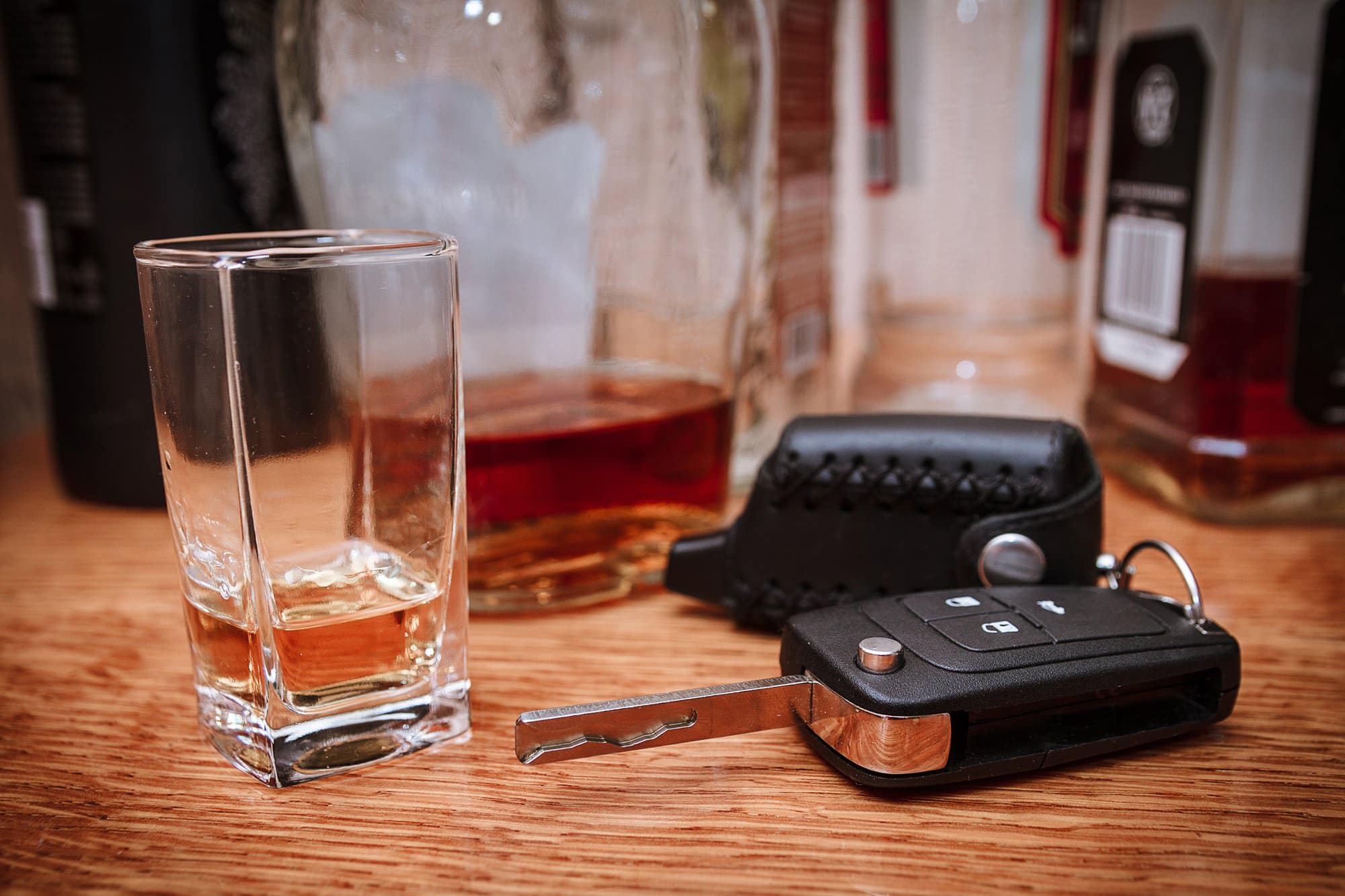This past June, the Supreme Court of the United States issued a landmark decision in the case, New York State Rifle and Pistol Association v. Bruen. The Court held that New York’s “proper cause” requirement for a concealed pistol license violated the Fourteenth Amendment as it prevented law-abiding citizens from exercising their Second Amendment rights. The Court’s decision has resulted in significant changes to the gun regulations in New York State and New York City.
What Did the Bruen Case Decide?
The Bruen holding was one of the most significant decisions to be delivered regarding the Second Amendment in more than a decade. Specifically, the Supreme Court’s ruling struck down a concealed carry law that required applicants to demonstrate a special need for self-defense in order to obtain a permit to carry a concealed pistol outside the home. The Court held that New York’s “proper cause” requirement violated the Fourteenth Amendment in that it prevented law-abiding citizens with ordinary needs for self defense from exercising their rights under the Second Amendment to keep and bear arms.
Changes to New York’s Gun Laws
In response to the Bruen decision, the New York legislature passed a series of laws during a special legislative session on July 1, 2022. The Concealed Carry Improvement Act went into effect on September 1, 2022, which included a number of provisions. Among the most notable changes is the listing of “sensitive locations” where a person is not permitted to carry a firearm in public. Any violation of the provision could lead to being charged with an “E” felony.
Sensitive locations under New York’s new gun laws include the following:
- Places of worship
- Educational institutions
- Courthouses
- Federal, state, and local government buildings
- Polling sites
- Public transportation
- Health and medical facilities
- Entertainment venues
- Homeless and domestic violence shelters
- Daycare facilities
- Playgrounds
- Airports
- Bars and restaurants
- Public demonstrations and rallies
- Times Square
The law expanded the requirements for a concealed carry permit by mandating that four character references be provided with an application. An applicant must also satisfy the firearm safety training course and live fire testing criteria — as well as pass an in-person interview. In addition to completing a background check, they must provide social media accounts for the past three years.
Other changes to the law include the expansion of disqualifications for receiving a concealed carry permit by excluding individuals who have documented instances of violent behavior — such as misdemeanor convictions for assault, weapons possession and menacing, and alcohol-related misdemeanor convictions. Once they are obtained, licenses must be renewed every three years and can be revoked if behavior that would result in a denial of recertification occurs.
Contact an Experienced New York Criminal Defense attorney if you’ve been charged with a gun crime, it’s essential to have a skilled criminal defense attorney on your side who can fight for your rights. The criminal defense attorneys at D’Emilia Law provide aggressive representation and dedicated advocacy to those who have been arrested for a firearms-related offense and work to secure the best possible results in their cases. To schedule a consultation, contact us at 1-888-DEMILIA.

